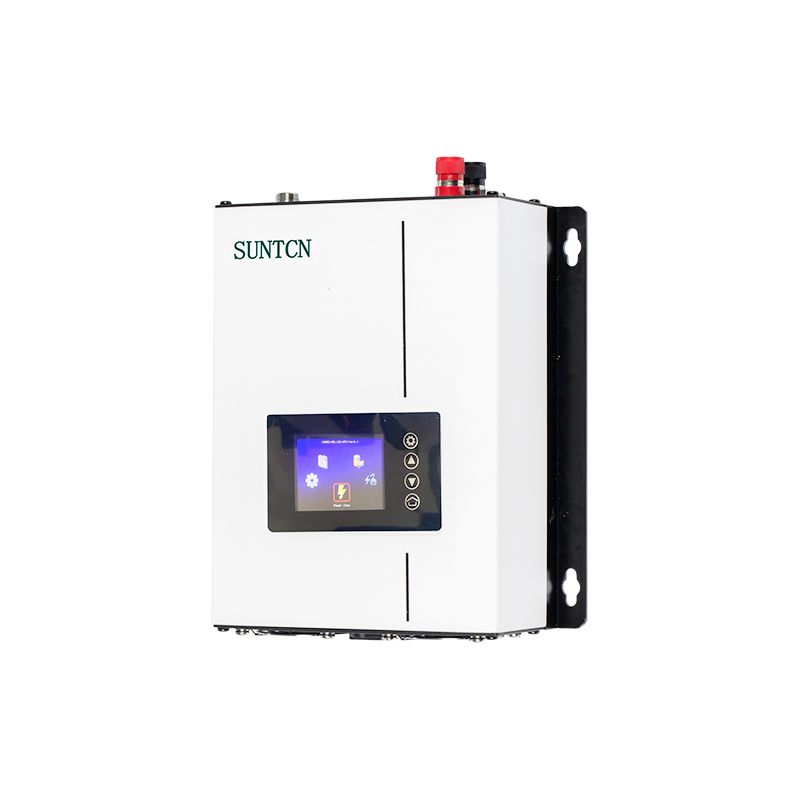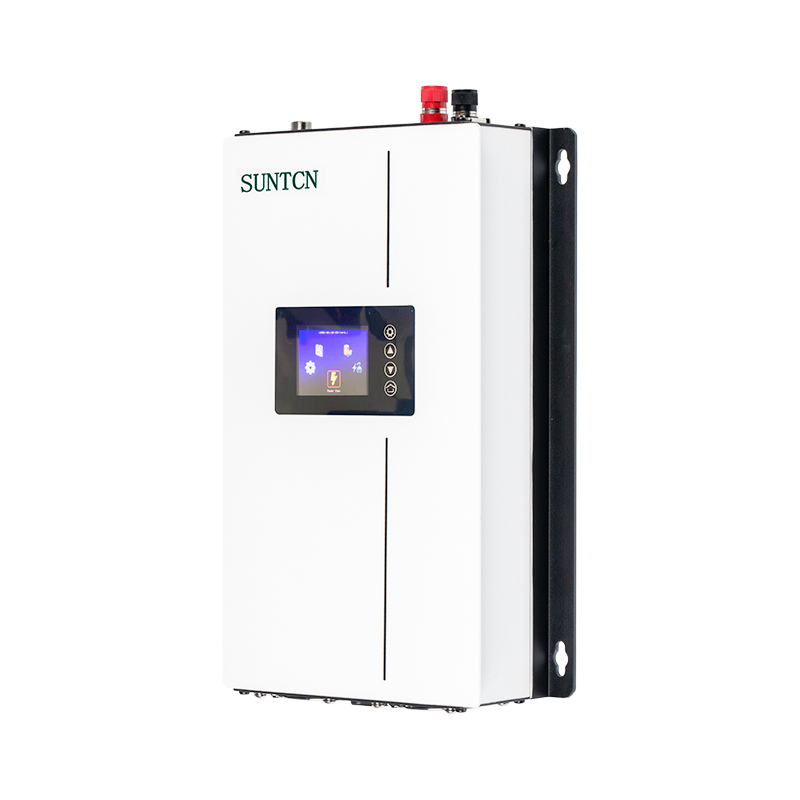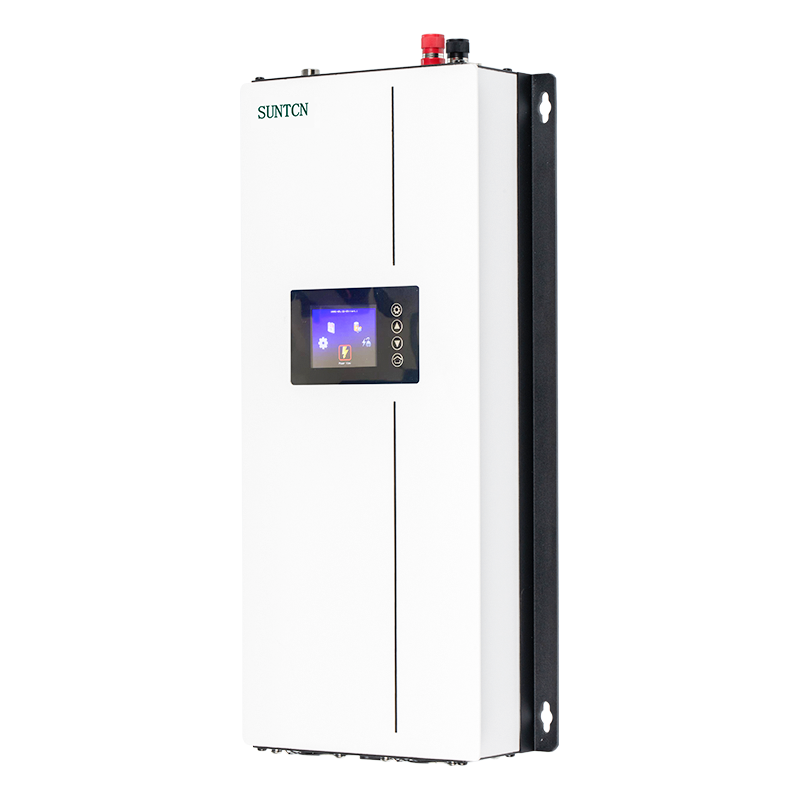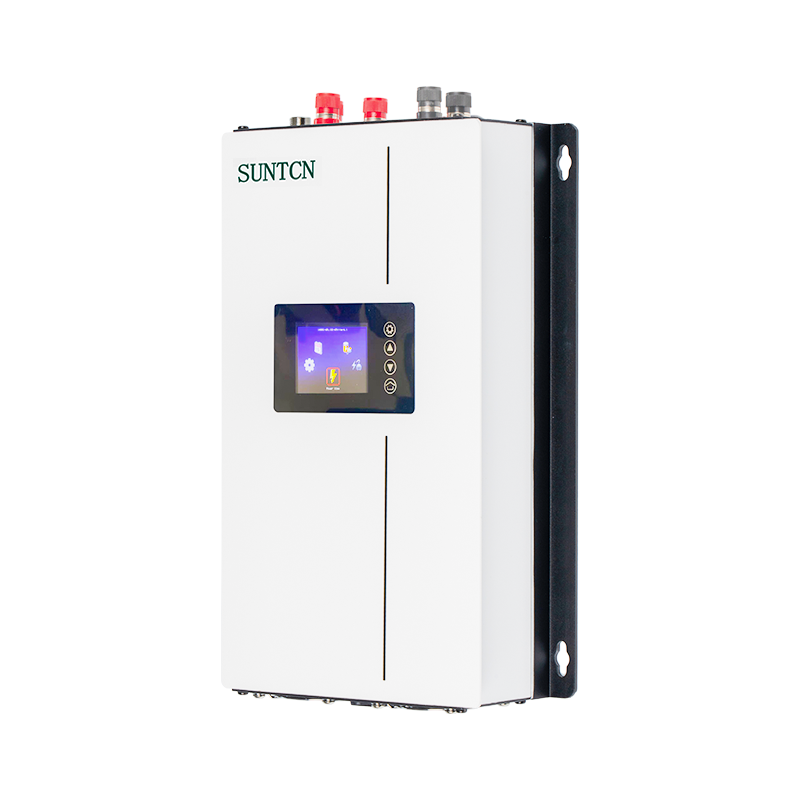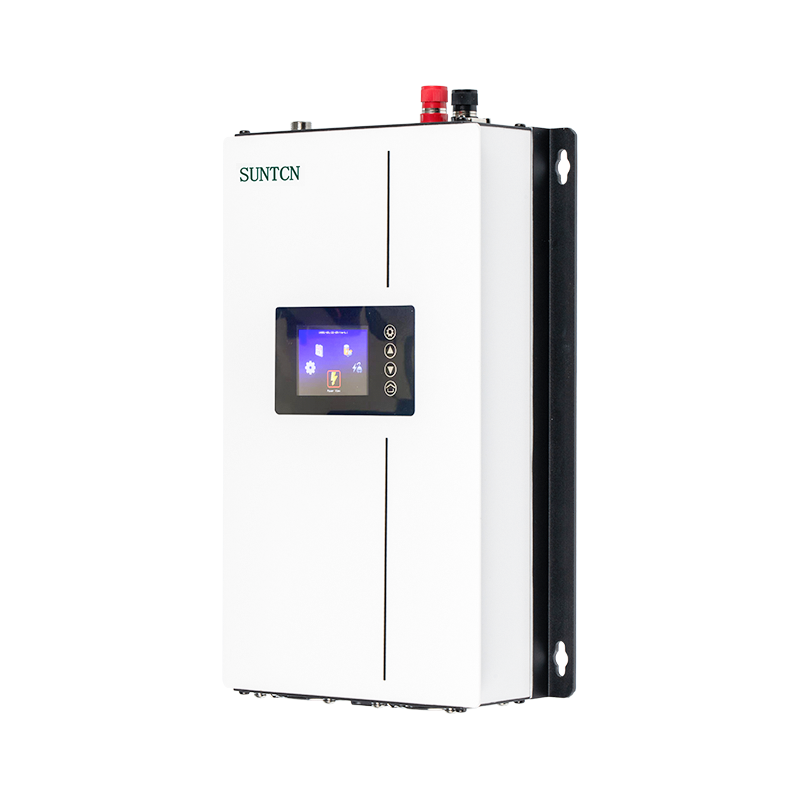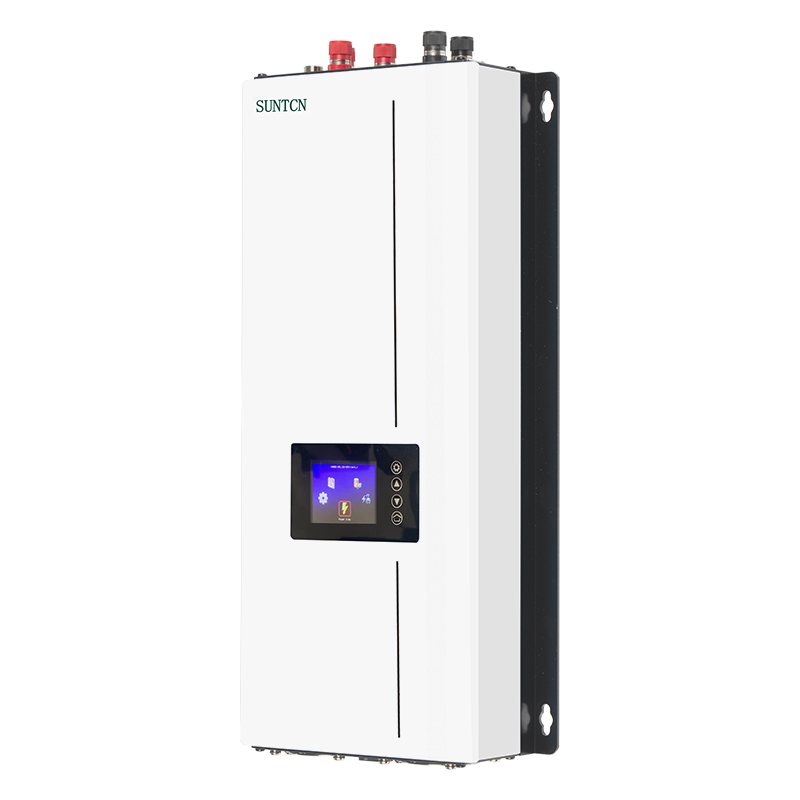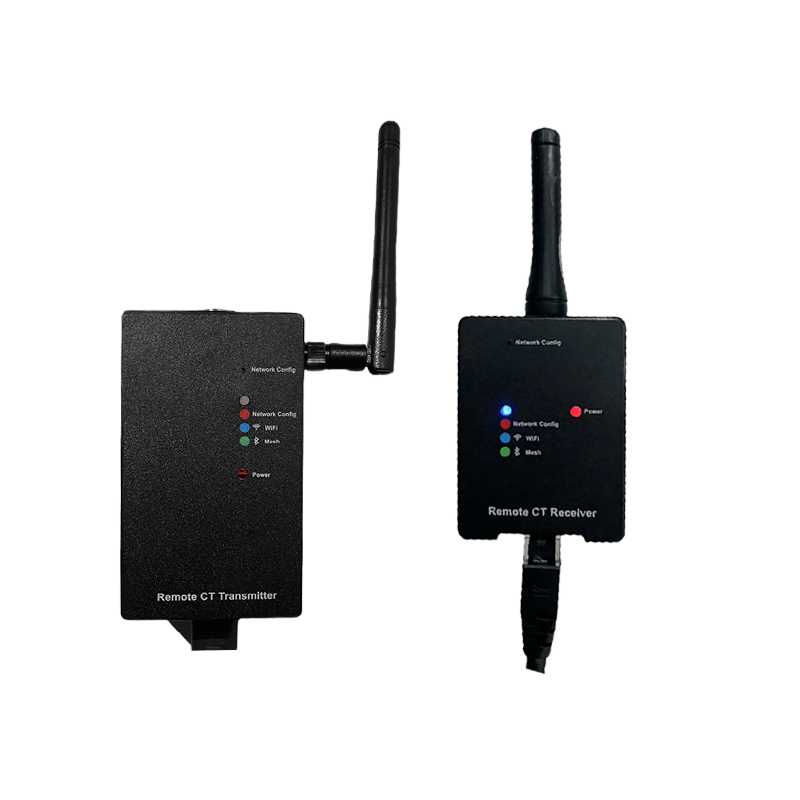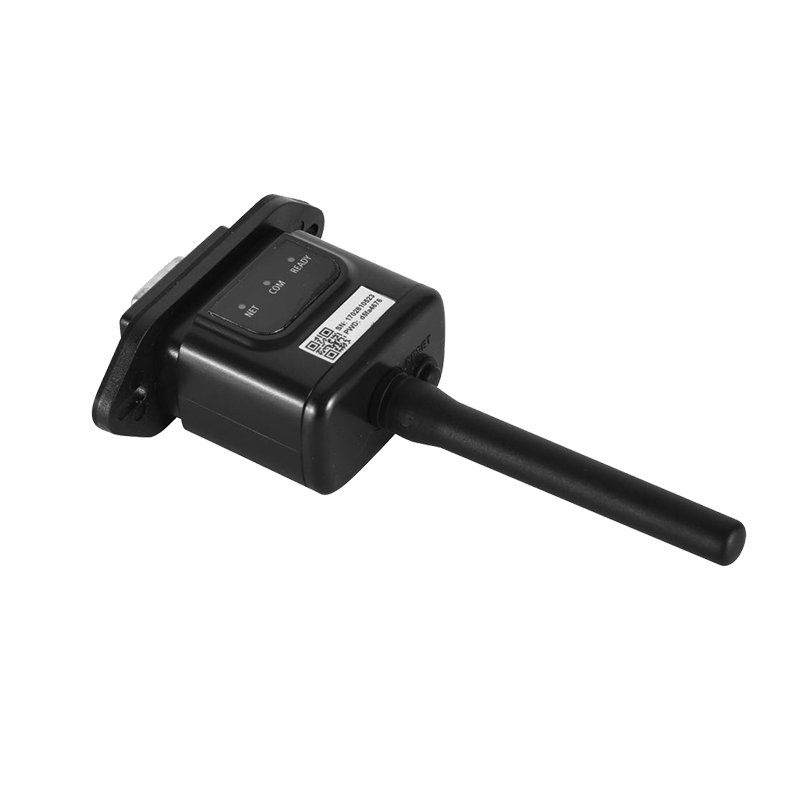Understanding the Role of an 8.0kW Hybrid Inverter
An 8.0kW hybrid inverter is designed to manage solar energy systems that combine both grid power and battery storage. It intelligently switches between these power sources to optimize efficiency and reduce dependence on the grid. With its moderate but powerful output capacity, it serves as a bridge between small-scale home systems and more demanding commercial applications. Understanding its role and adaptability can help users determine whether it fits their unique energy requirements.
How an 8.0kW Hybrid Inverter Works
A hybrid inverter performs the dual function of a traditional inverter and a solar charge controller. It converts DC power generated by solar panels into AC power usable by home or business equipment while also managing energy storage in batteries. When solar energy production is high, excess energy can be stored for later use or exported to the grid. When sunlight is limited or demand exceeds production, the inverter draws energy from the batteries or the grid to maintain a stable power supply.
Key Functional Features
- Automatic switching between solar, battery, and grid power sources.
- Real-time monitoring and smart energy management through digital interfaces.
- Compatible with lithium-ion and lead-acid batteries for flexible energy storage options.
- Supports parallel connection for scalable power solutions.
Suitability for Residential Applications
For residential users, an 8.0kW hybrid inverter provides an balance between capacity, efficiency, and affordability. It is typically suitable for medium to large homes that run multiple appliances, air conditioning systems, and other high-power devices. Homeowners seeking energy independence or lower electricity bills find the 8.0kW range ideal for self-consumption optimization and reliable power backup.
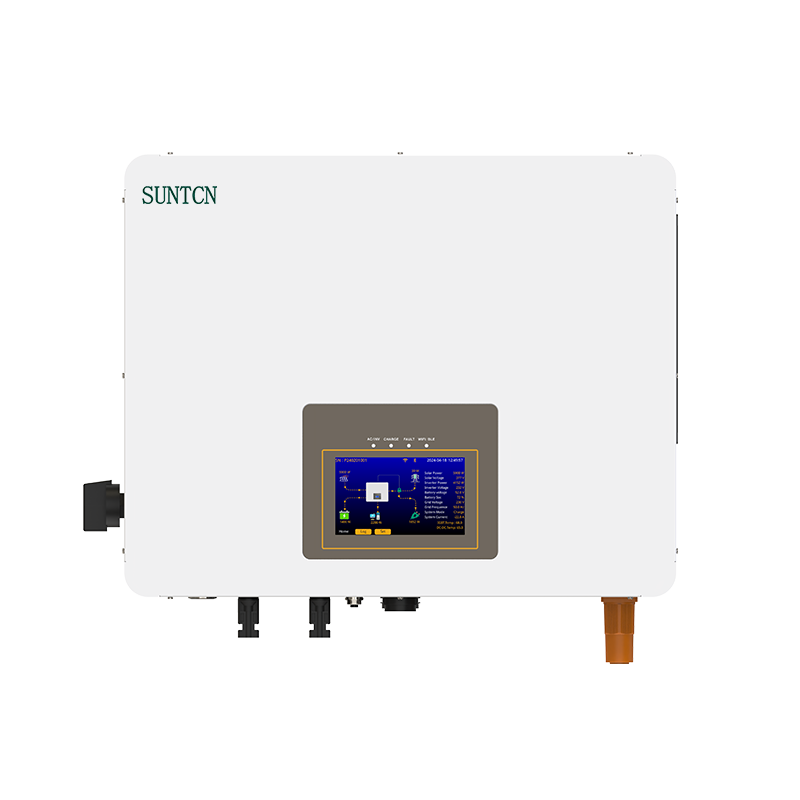
Residential Advantages
- Supports daily energy use for homes ranging from 4 to 6 bedrooms.
- Provides continuous operation during grid outages with stored battery power.
- Integrates with smart home energy management systems for automation.
- Reduces monthly electricity costs through time-of-use optimization.
Suitability for Commercial Applications
In commercial environments, reliability and scalability are critical. An 8.0kW hybrid inverter can be used effectively for small to medium businesses such as retail stores, workshops, and small offices. When connected in parallel, multiple inverters can create higher-capacity systems suitable for larger facilities. The inverter’s flexibility to operate both on-grid and off-grid makes it valuable for businesses requiring uninterrupted power for sensitive equipment.
Commercial Advantages
- Ensures continuous operations during power interruptions.
- Can be scaled by connecting multiple units for higher capacity.
- Supports critical loads such as servers, refrigeration units, or security systems.
- Reduces long-term energy costs through peak-load management.
Comparison of Residential and Commercial Use Cases
| Feature | Residential Use | Commercial Use |
| Power Demand | Medium to High (household) | High and Continuous |
| System Scalability | Limited to one or two units | Expandable with multiple inverters |
| Energy Storage | Typically 10–20 kWh batteries | Larger battery banks or modular setups |
| Backup Requirement | Essential for outages | Critical for operational continuity |
Factors to Consider When Selecting an 8.0kW Hybrid Inverter
Choosing the right inverter requires evaluating several factors, including compatibility, efficiency, and long-term reliability. Here are key considerations to ensure system performance.
Battery Compatibility
Ensure that the hybrid inverter supports your battery type and voltage range. Some models are optimized for specific chemistries like LiFePO4, which offer better lifecycle and safety performance.
Inverter Efficiency
High conversion efficiency, typically above 97%, minimizes energy losses and enhances system returns. Look for models with low idle power consumption to improve daily yield.
Monitoring and Control Features
Modern hybrid inverters include built-in Wi-Fi or RS485 communication for real-time monitoring. This feature enables users to track performance, battery status, and grid interaction through mobile apps or web dashboards.
System Integration and Expandability
Businesses may need to scale their systems as power demands grow. Therefore, choose inverters that allow parallel operation or hybrid system expansion with minimal configuration changes.
Practical Scenarios Where an 8.0kW Hybrid Inverter Excels
An 8.0kW hybrid inverter can serve various applications effectively:
- Large residential homes with high daily energy consumption.
- Small commercial offices or retail spaces requiring consistent power supply.
- Remote or semi-grid areas needing energy storage solutions for reliability.
- Hybrid setups that combine solar, wind, or generator input for diversified energy management.
Conclusion: Balancing Power and Flexibility
The 8.0kW hybrid inverter represents a versatile solution that bridges the gap between home and commercial energy systems. Its combination of grid support, battery storage management, and smart control features makes it ideal for users seeking a reliable, scalable, and efficient energy platform. Whether you’re powering a large household or a small business, investing in an 8.0kW hybrid inverter offers the flexibility to meet current energy demands while preparing for future sustainability goals.

 English
English Español
Español Deutsch
Deutsch